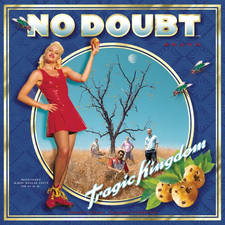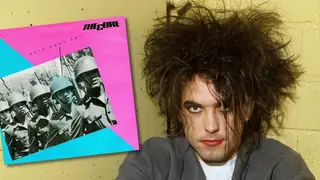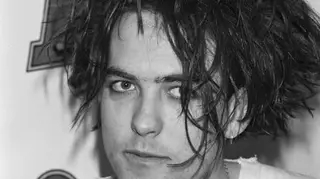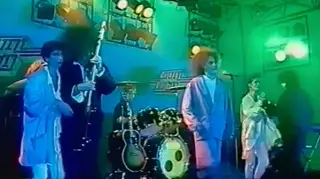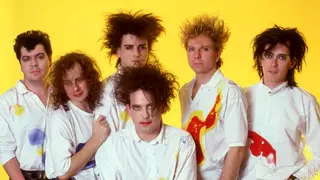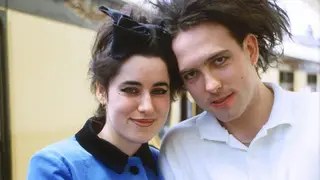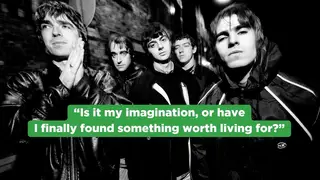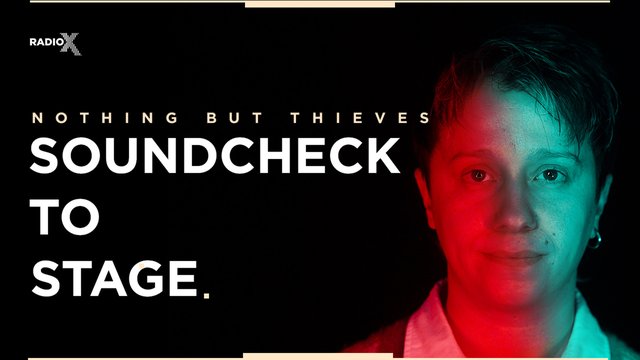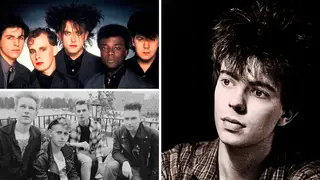The Cure: Boys Don’t Cry still encourages men to show their emotions
21 October 2019, 08:00 | Updated: 21 October 2019, 08:01
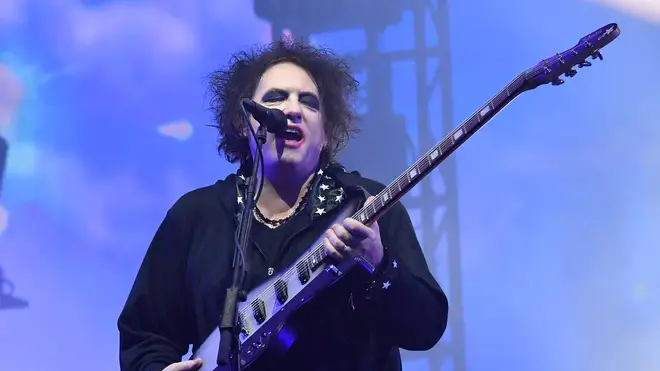
Robert Smith claims that the classic Cure single is as important as ever… 40 years after its release.
Robert Smith has revealed that he thinks The Cure’s classic hit Boys Don’t Cry is still relevant 40 years after its release - in encouraging men to show their emotions.
The Cure frontman performed the song at the band’s headline set at Glastonbury this summer - and the sight of LGBTQ+ flags flying in the crowd made him recall why he wrote the song in the first place.
He told Rolling Stone: “I was singing [Boys Don’t Cry] at Glastonbury and I realised that it has a very contemporary resonance with all the rainbow stripes and stuff flying in the crowd.”

The Cure - Boys Don't Cry
The song - which was released as a single in June 1979 and finally became a chart hit seven years later - is ironically told from the point of view of a boy whose relationship has ended badly, but can’t express his real feelings because of what society expects from males.
The lyrics demonstrate the conflict: “I would do 'most anything to get you back by my side / But I just keep on laughing, hiding the tears in my eyes.”
Smith explained: “When I was growing up, there was peer pressure on you to conform to be a certain way.
“And as an English boy at the time, you’re encouraged not to show your emotion to any degree. And I couldn’t help but show my emotions when I was younger.”
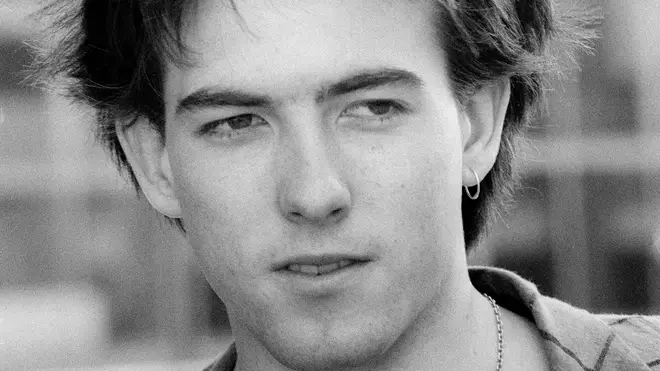
Smith went on: “I never found it awkward showing my emotions. I couldn’t really continue without showing my emotions; you’d have to be a pretty boring singer to do that.
“So I kind of made a big thing about it. I thought, ‘Well, it’s part of my nature to rail against being told not to do something’.”
In an unexpected turn of events, The Cure would change their sound from post punk pop to release some of the darkest music of the early 1980s - before having chart success again with hits like The Love Cats and In Between Days.

The Cure - In Between Days (Official Video)
Smith explains the change in The Cure’s sound: “It was a natural evolution and we kept adding members, and the sound just got bigger and more interesting. But I never lost sight of the three-minute pop song, and I think that helped particularly in the mid-Eighties when we could have turned into quite a grand thing. Pop singles helped us get through what otherwise would have become very pompous.”
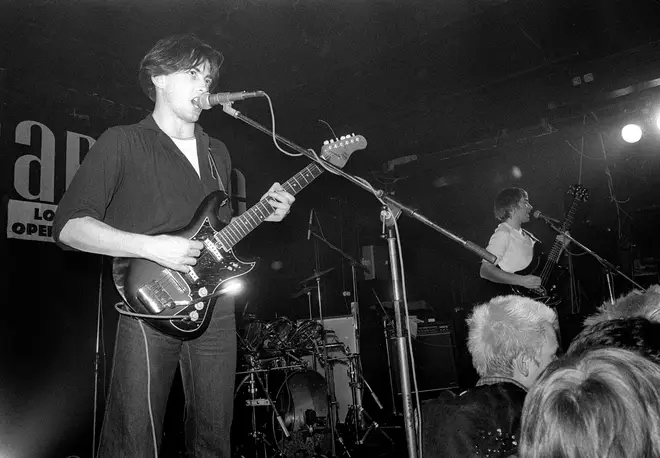
The musician also considers the 1987 singles Just Like Heaven to be The Cure’s perfect pop moment: “When I wrote it, I thought, ‘That’s it. I’ll never write something as good as this again’. I remember saying to the others in the studio, ‘We might as well pack up.’ Thankfully, we didn’t.”

The Cure - Just Like Heaven
The Cure’s 40th anniversary show in Hyde Park in July 2018, together with the band’s headline set at the Robert Smith-curated Meltdown has just been released as a DVD, Blu-Ray and luxury CD package, called 40 LIVE - CURÆTION-25 + ANNIVERSARY.
